Eastern Focus digital quarterly is launching a call for contributions to its fourth issue, dedicated to exploring The World After Tomorrow (i.e. how will the world change after COVID-19?) from a regional perspective. The whole issue will be framed around disruption/disruptive glocal trends (political, economical, geopolitical) and aims to anticipate the parameters of the post-pandemic new normal and their impact on the broader region. Articles that are focused on the structural trends with a long-term impact are prioritised.
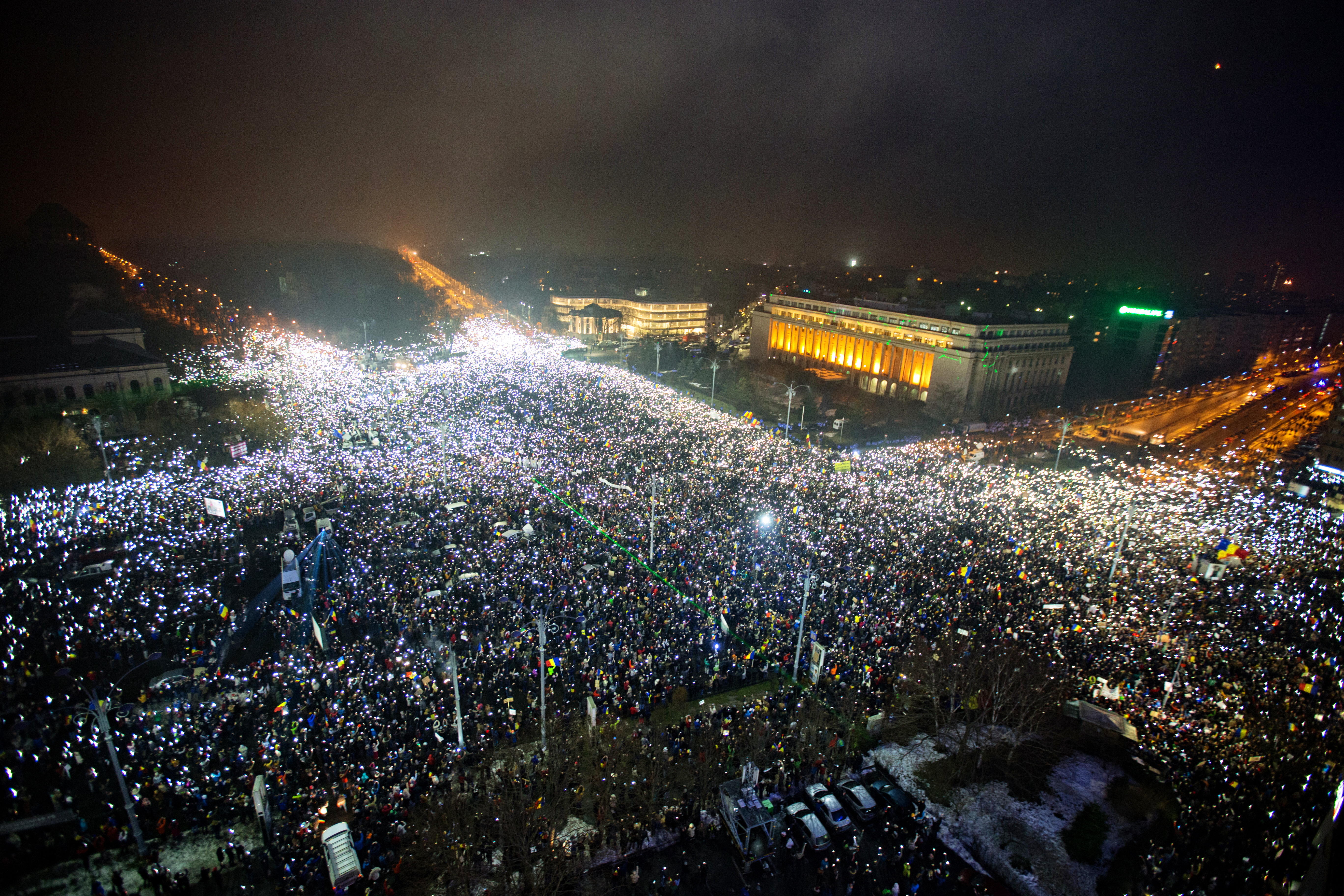
In 1973, Katherine Verdery moved to Romania, the only country in the Eastern European bloc that welcomed Western scholars. She studied social inequality, ethnic relations and nationalism. After the fall of Communism she returned and looked at the transformation of socialist societies. Her most recent book, My life as a spy: Investigations into a secret police file was published in 2018, and it documents how the Romanian political police kept her under surveillance.
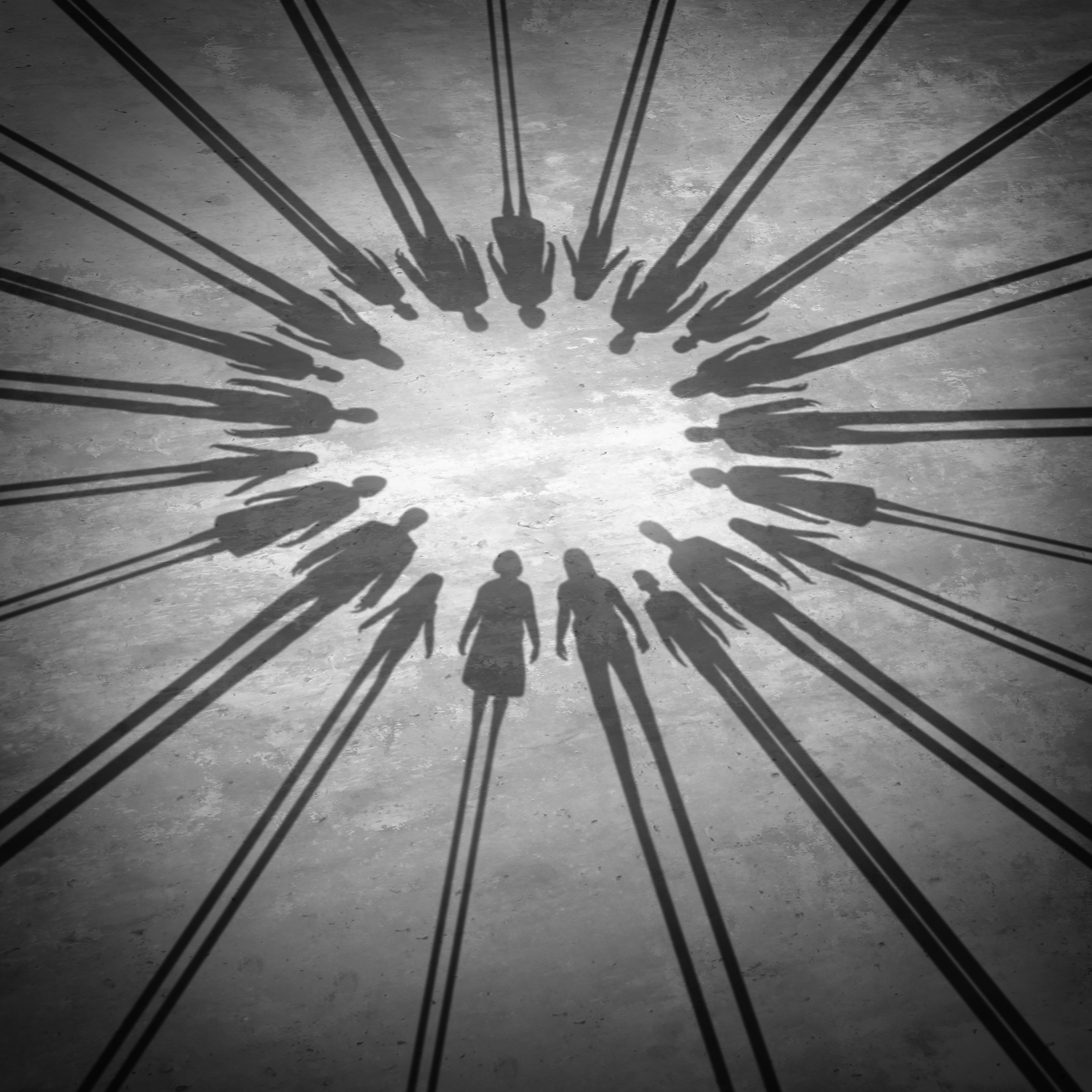
By Barry Gaberman, Merrill Sovner and William Moody | New York
The 1990s ushered in an era of widespread governmental support for liberal democracy and an opportunity to build civil society in countries where there had long been a dearth of public space separate from government control. There was optimism bordering on euphoria and a general belief that liberal democracy was the model of the future. This was an environment in which outside funders saw an opportunity to have an impact and were willing to seize that opportunity, even though their expertise in the region might have been modest in the beginning.
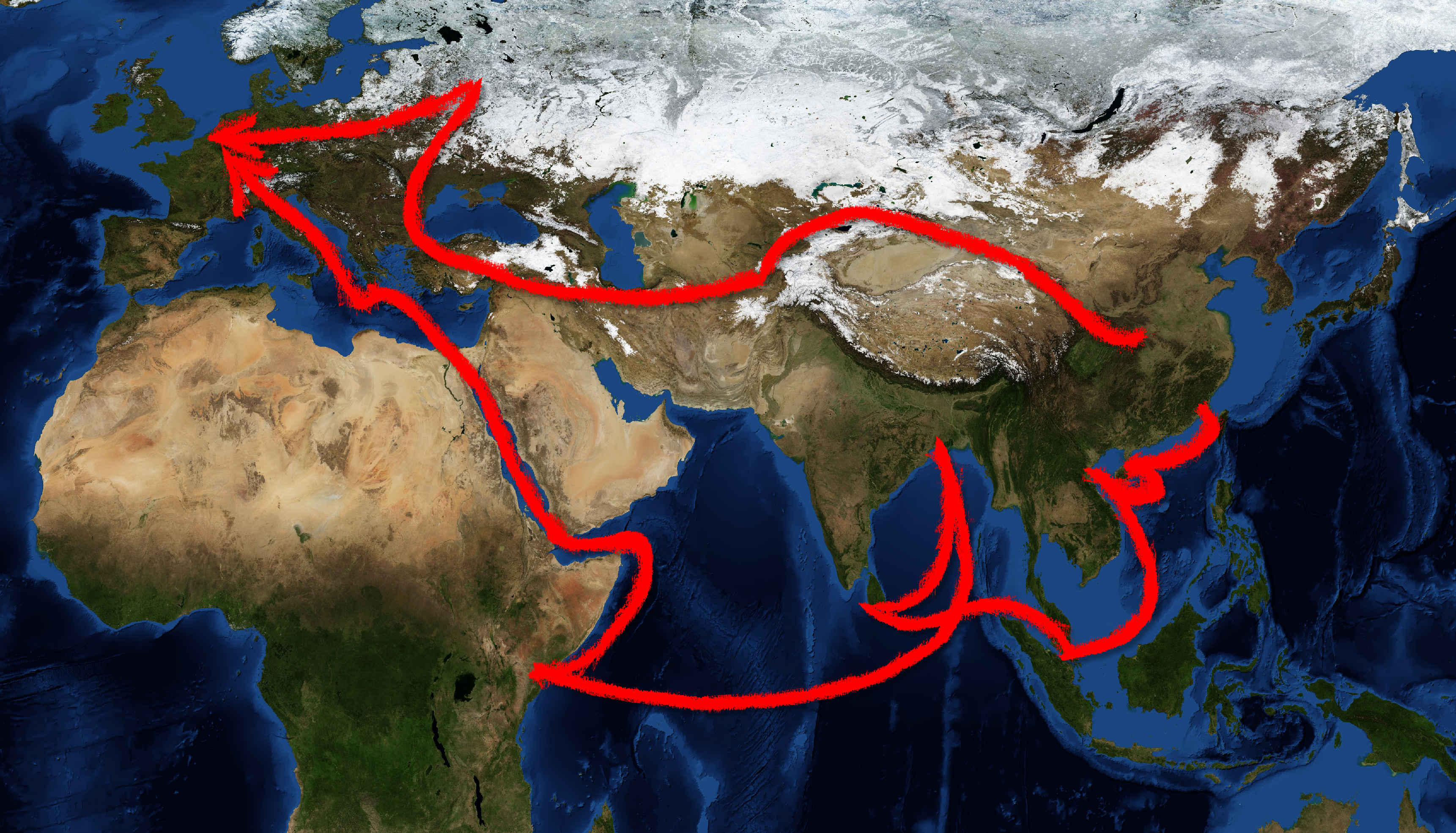
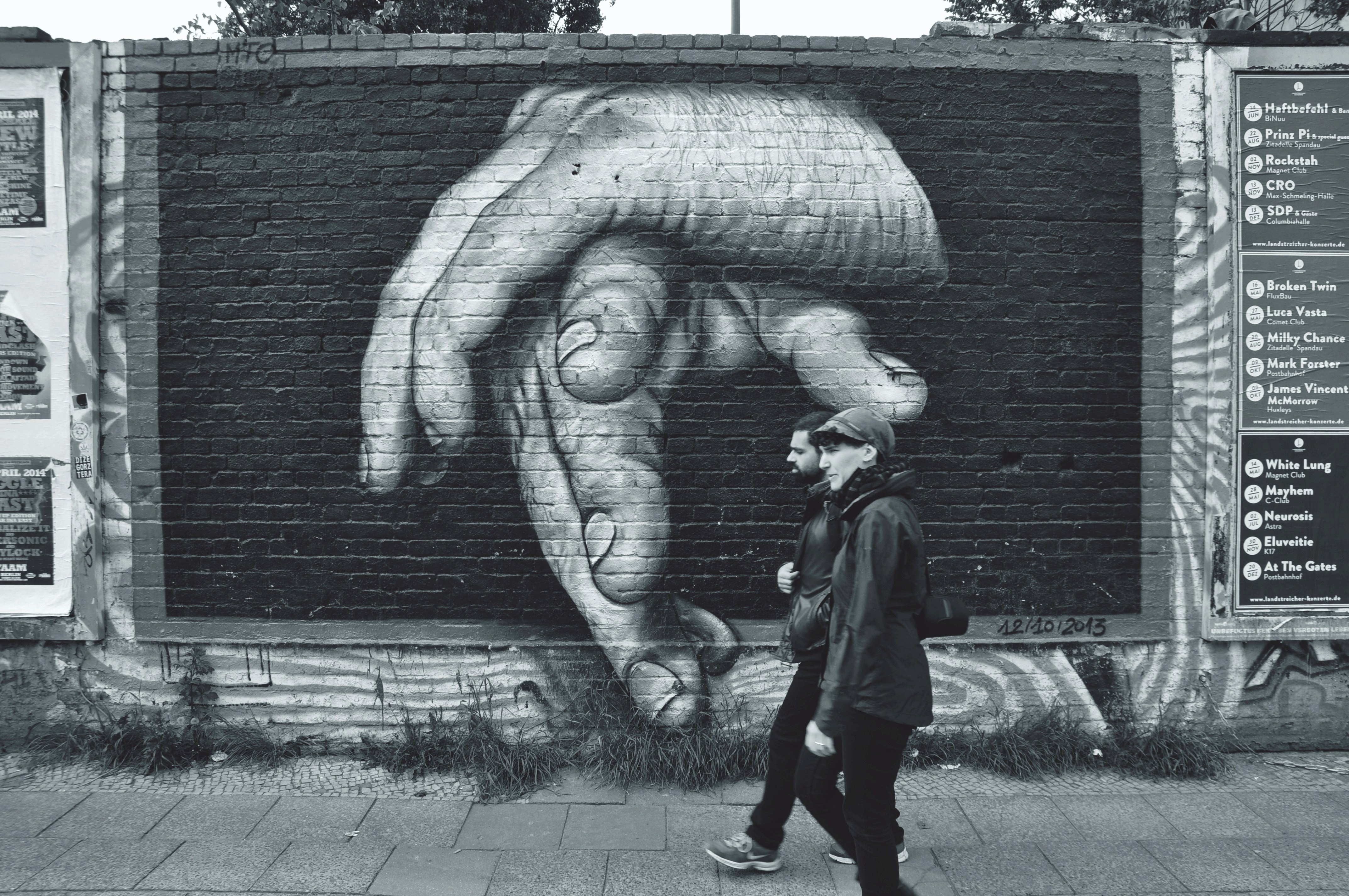
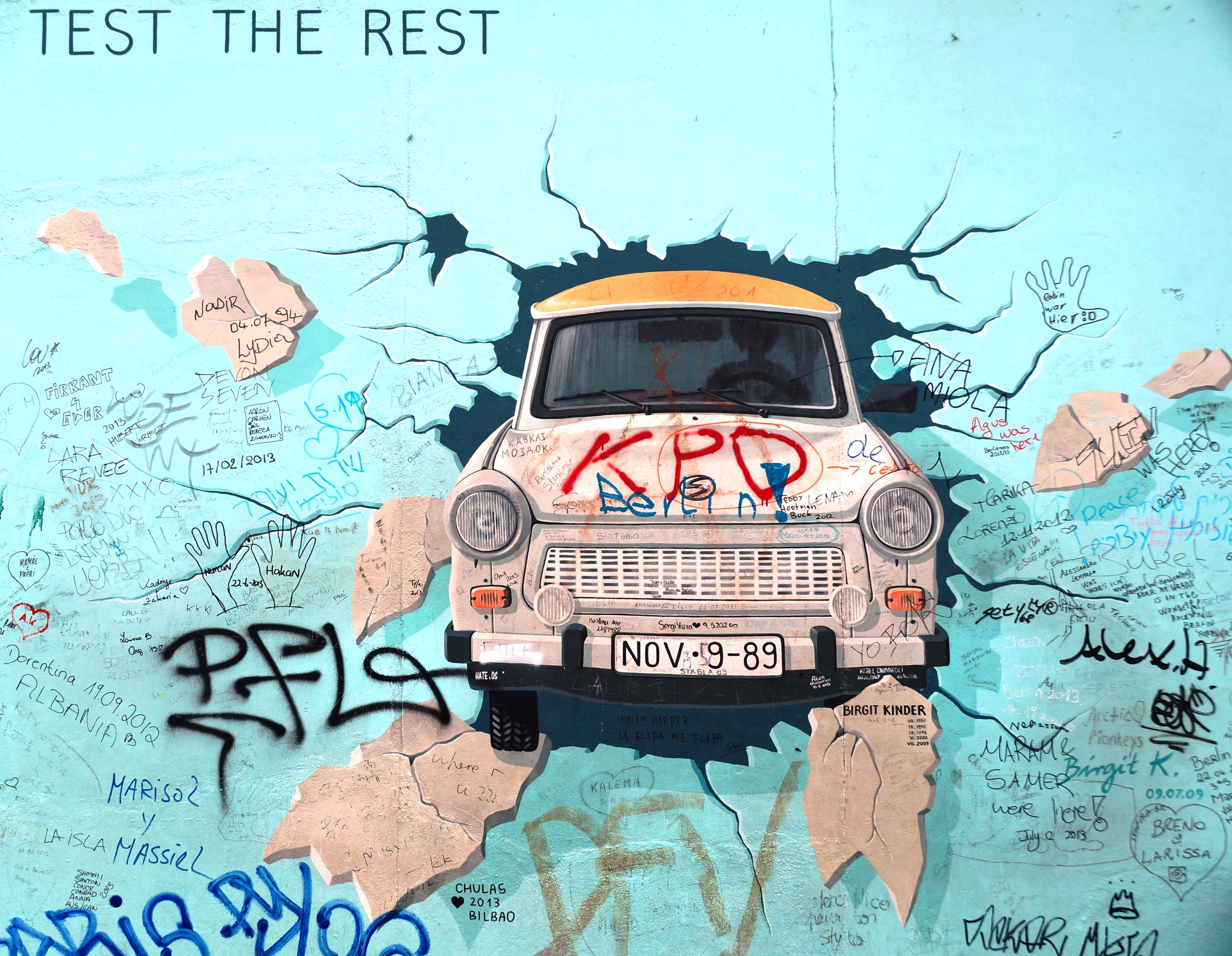
Stephen Holmes, is a Professor of Law at the NYU School of Law, New York and co-author, together with Ivan Krastev, of The Light That Failed. A Reckoning published in October by Allen Lane (an imprint of Penguin Books). In a work of startlingly original political psychology, two pre-eminent intellectuals propose that the post-1989 world order has been characterised by 30 years of what they call The Age of Imitation – a period of Western democratisation in which Eastern European values would be bent to the liberal fiscal, cultural and moral politics of “integration”.

